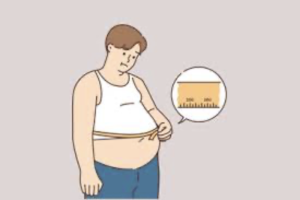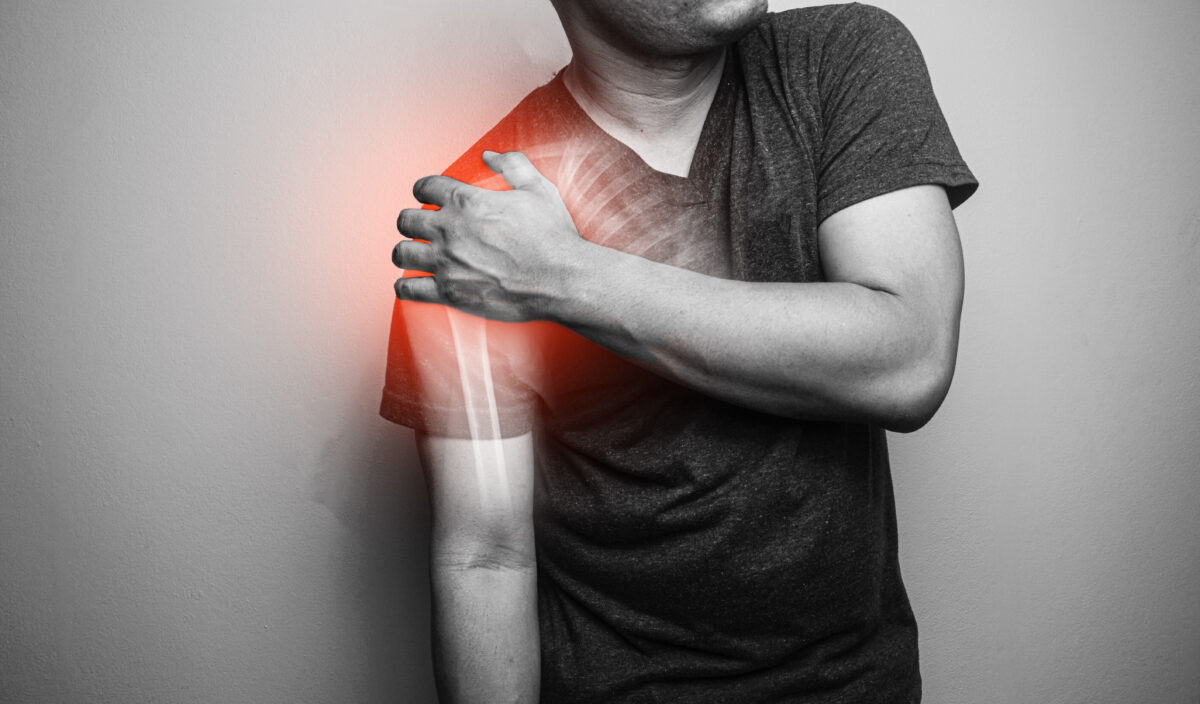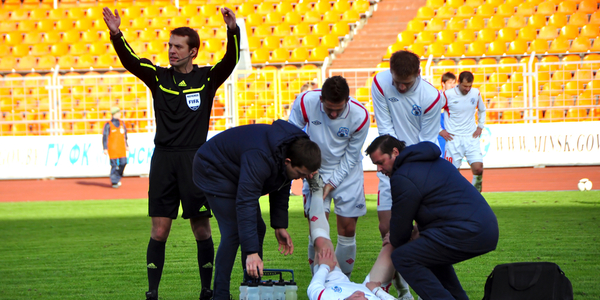Do you have a niggling feeling that your lifestyle needs an overhaul? Do you know what the signs and symptoms are that you need to make some changes? Find out about Metabolic Syndrome and if it could apply to you…….
Metabolic syndrome is not a disease in itself. It is actually a group of risk factors which can increase the risk of heart disease, stroke, and diabetes.
The five different risk factors that make up Metabolic Syndrome are:
1: Excess visceral (belly) fat
2: Increased blood pressure
3: High blood sugar level (insulin resistance)
4: High triglycerides (“bad cholesterol”- measured by a blood test)
5: Low level of HDL (“good cholesterol”)
Metabolic Syndrome is diagnosed if a person has excess fat around the waist in addition to any two of the above risk factors.
Signs and Symptoms
There are various ways of measuring visceral (belly) fat. One simple tool, is waist to height ratio. Ideally your waist measurement should be less than half your height.
Excess thirst and / or an increase in the number of times you urinate may indicate high blood sugars (warrants an appointment with your GP.)
In lots of cases though, the signs and symptoms are not very obvious to people. In fact, it is estimated that between 25% and 43% of the world’s population may have MetS, with a significant number unaware of this.
Implications of having MetS
Metabolic syndrome can have a significant effect on your overall health. The syndrome can give rise to Type 2 Diabetes and heart and blood vessel disease. These complications can be chronic and can often take a lot of effort and medication to effectively manage and treat them.
Why is too much belly fat considered a problem?
Adipose tissue (fat), does not quietly sit in the background, in fact, it is metabolically active. This means that it is causing cellular changes within your body. Adipocyte (fat cells) can get enlarged and stimulated to produce excess amounts of adipocytokines (messenger molecules.) One of these adipocytokines are called Free Fatty Acids (FFA).
These FFA’s in turn inhibit the uptake of glucose into healthy muscle tissue. This means that there is excess glucose circulating in your blood, and optimal muscle contraction and repair is impaired. The result is sub-maximal muscle performance, increasing risk of injury and pain. The metabolic disturbance can also affect the quality of your tendons (achilles tendon for example) by way of overproducing Type III collagen in the tendon. Type III collagen is stiffer and less elastic and can be a factor in achilles tendon pain.
Sub-par muscle performance, can indirectly impact on your joints, such as the knee or hip, increasing the risk of pain and pathology in the joint.
In addition to creating extra load on joints, excess body fat leads to widespread low grade inflammation throughout the body. This can contribute to a feeling of “aches and pains all over” and make local joint problems feel more painful.
Management of MetS
So that’s the science. In practice we often find that this patient group can feel really stuck! They may know that they need to overhaul their lifestyle and increase their exercise but have a problem such as back/hip/knee/foot pain that makes it difficult to get started. This is where your chartered physiotherapist can help, though a combination of treating the problem that is making exercise difficult and prescribing a tailored exercise programme to help you become more active without aggravating your current injury. A combination of positive diet and exercise changes can reduce the risks (associated with MetS) of developing cardiovascular disease significantly.
If this resonates with you, and you’d like an appointment, please click here








